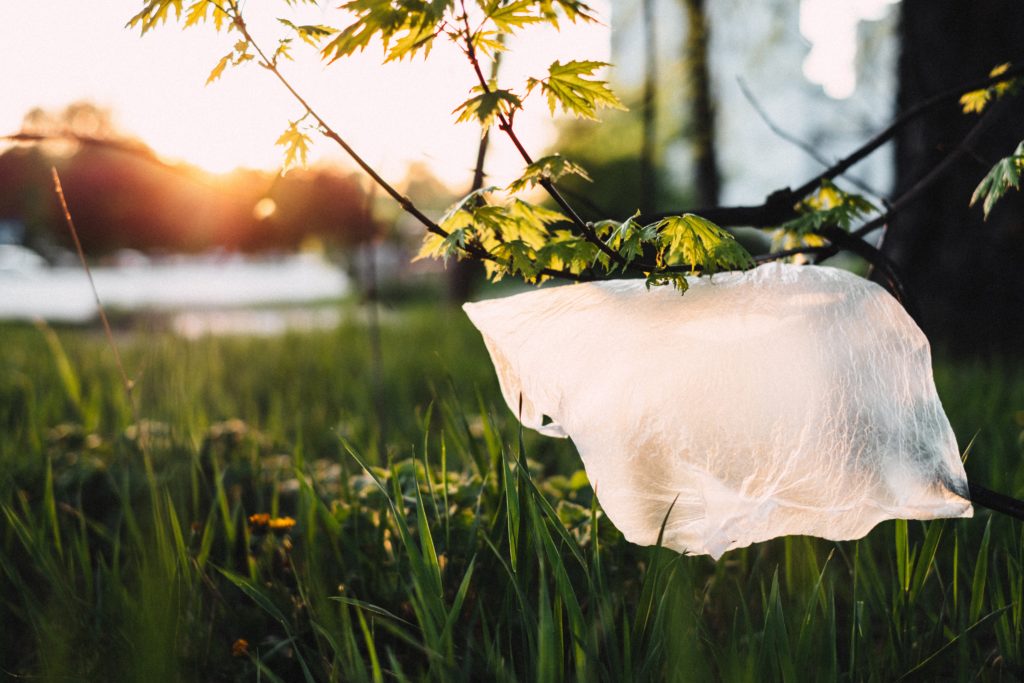New York’s plastic bag ban starts Sunday. Here’s everything you need to know.

New York’s plastic bag ban takes effect on Sunday, and stores across the borough are frantically preparing, educating customers on the new protocol, buying paper bags in bulk and even creating incentive programs to encourage shoppers to bring their own containers.
Starting March 1, all New Yorkers will have to bring their own reusable bags to the grocery store or pay five cents for a paper one. (The fee will not apply to SNAP or WIC customers.)
The legislation, signed by Gov. Andrew Cuomo on Earth Day of last year, will not only cut down on litter across the state, but will also protect wildlife from ingesting plastic and reduce greenhouse gas emissions associated with plastic bag production and disposal.

Brooklyn Boro
View MoreNew York City’s most populous borough, Brooklyn, is home to nearly 2.6 million residents. If Brooklyn were an independent city it would be the fourth largest city in the United States. While Brooklyn has become the epitome of ‘cool and hip’ in recent years, for those that were born here, raised families here and improved communities over the years, Brooklyn has never been ‘uncool’.